Insights & Articles
Discover the latest in AI tools, productivity hacks, software reviews, and technology trends.
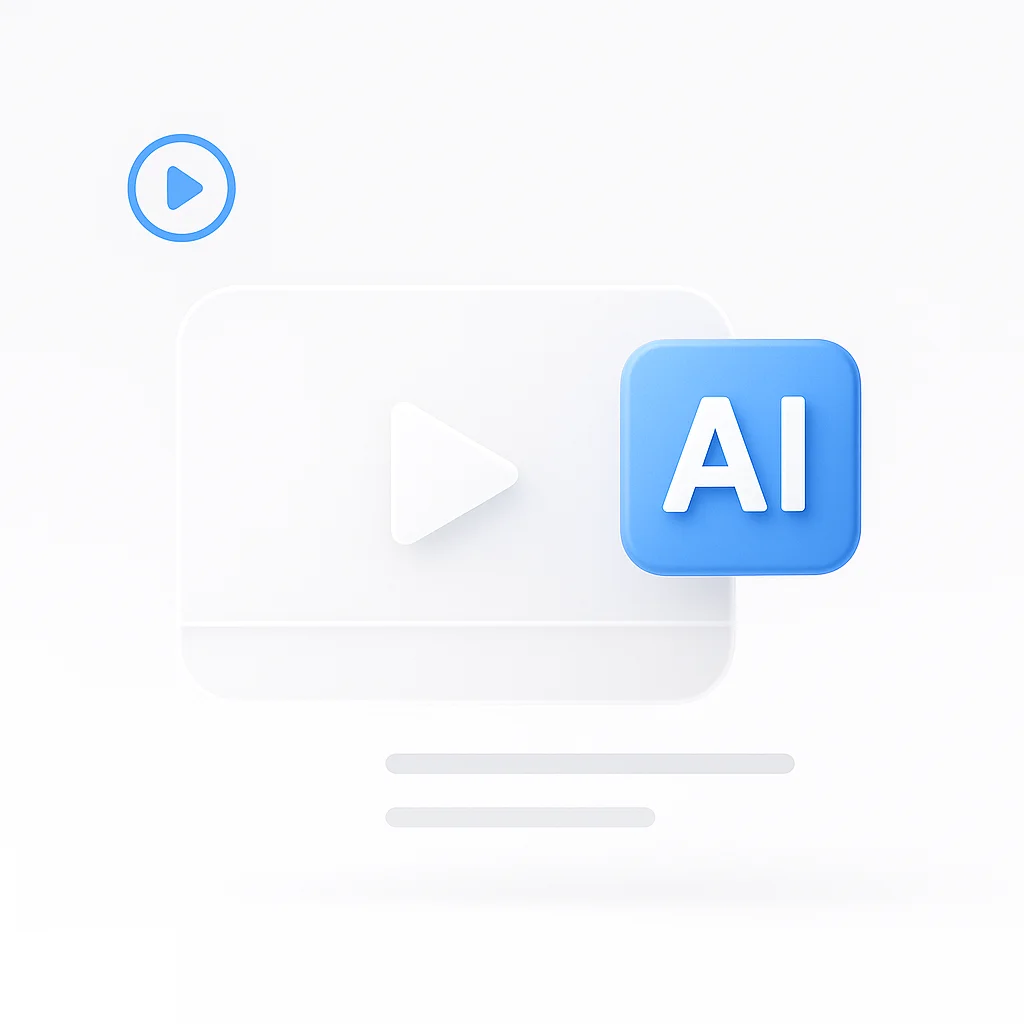
10 Best AI Video Summarizers 2026 (Reviewed)
Compare 10 AI video summarizers with verified 2026 pricing, free plans, and honest pros and cons. Find the best tool for YouTube summaries, meeting notes, and lecture transcripts.
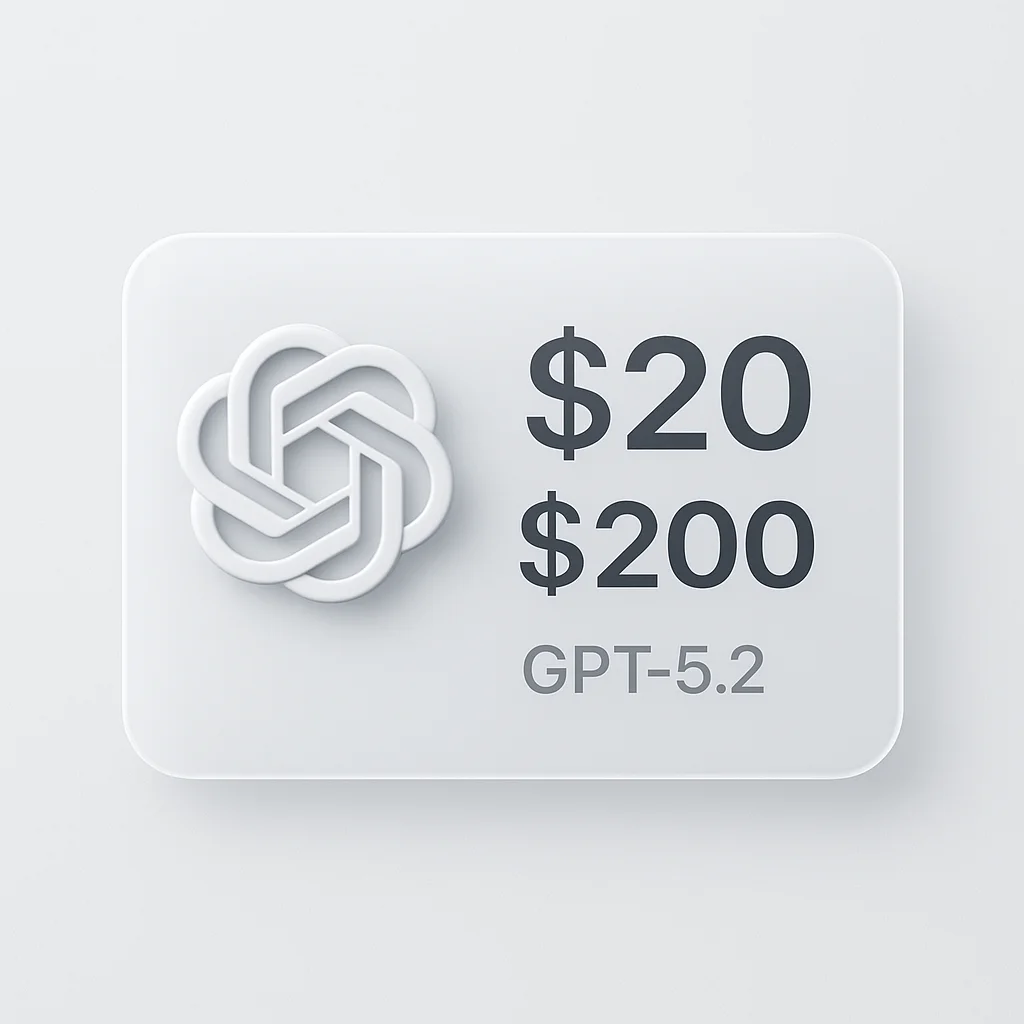
ChatGPT Pricing 2026: Plus $20/mo, Pro $200, Pro Lite $100 & GPT-5.3-Codex API
How much is ChatGPT? Plus costs $20/month, Pro $200/month, Pro Lite $100/month (coming soon). Compare all plans and GPT-5.3-Codex API pricing. Updated February 25, 2026.
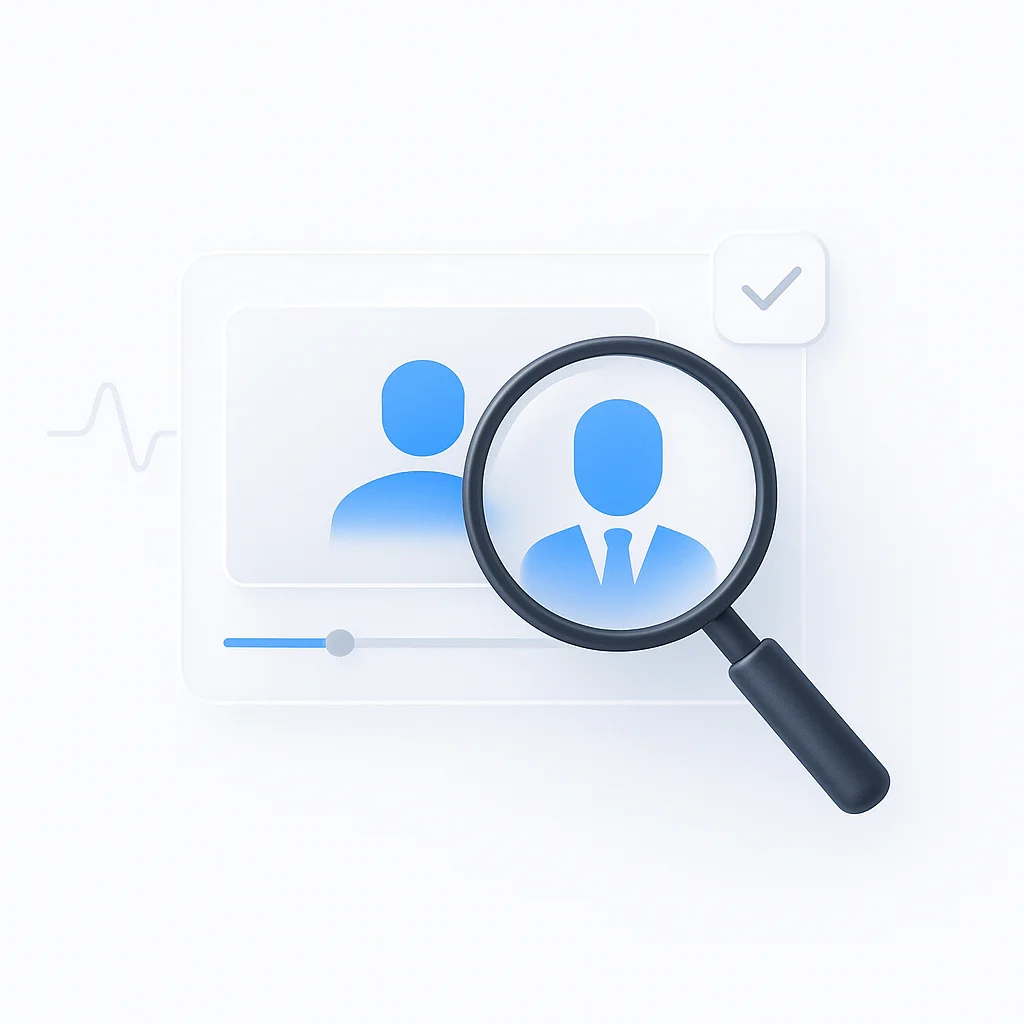
Deepfake Detection Tools 2026: How to Spot AI-Generated Videos
Deepfakes are getting harder to detect. Here are the best tools to verify whether a video is real or AI-generated, from free browser tools to enterprise solutions.
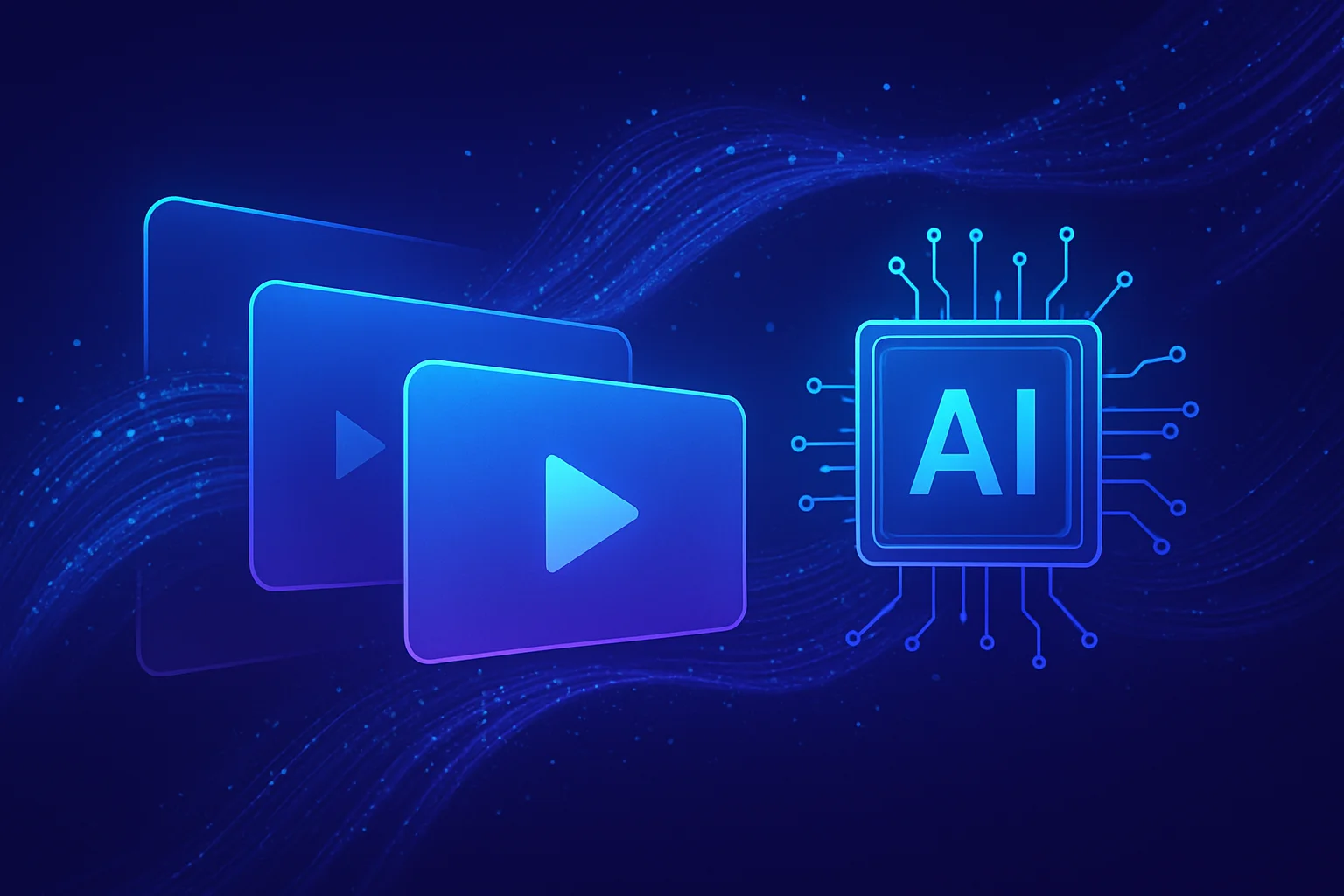
Disney-OpenAI Sora Deal: What This Means for AI Video in 2026
Disney partners with OpenAI to bring Mickey Mouse and other characters to Sora. Here's what this landmark deal means for AI video generation and content creators.
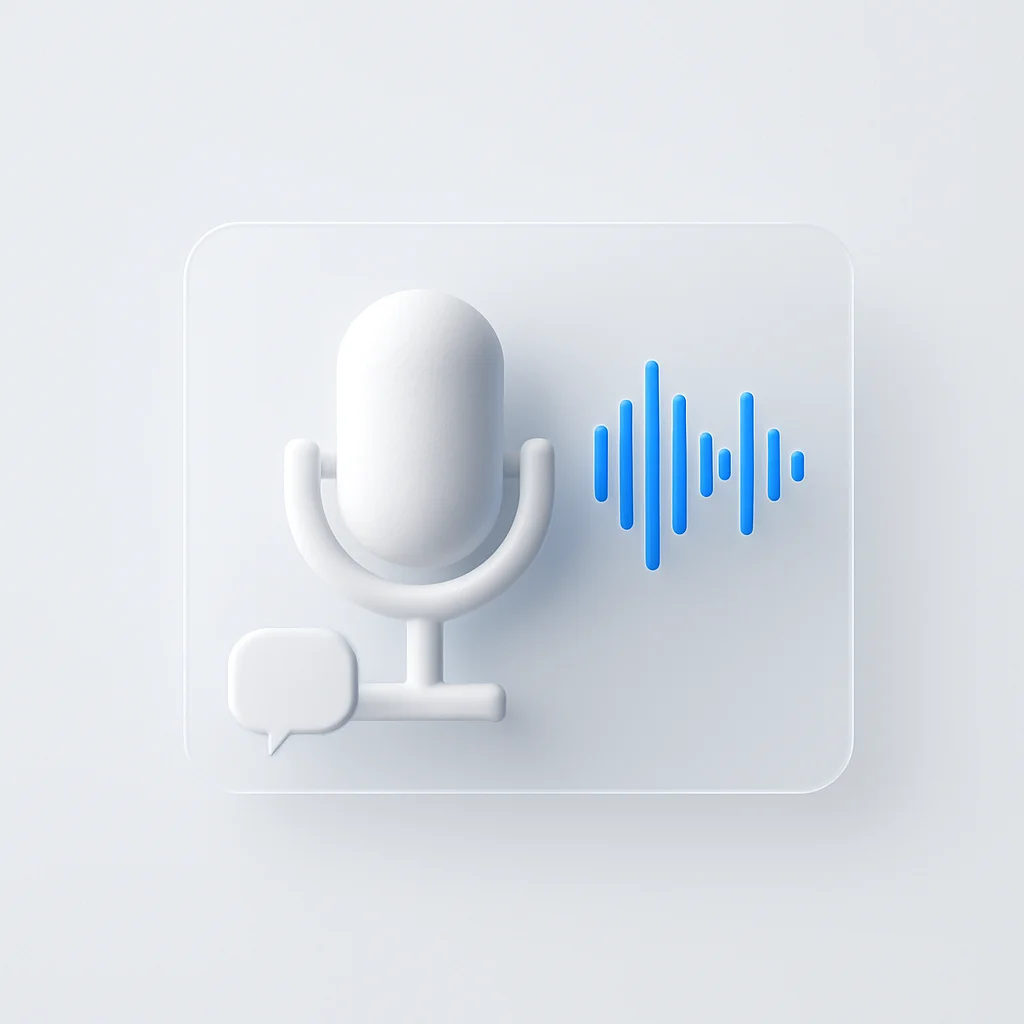
ElevenLabs Hits $11B: The Voice AI Revolution in 2026
ElevenLabs raises $500M at $11B valuation. Here's what's happening in voice AI, voice cloning, and text-to-speech technology in 2026.
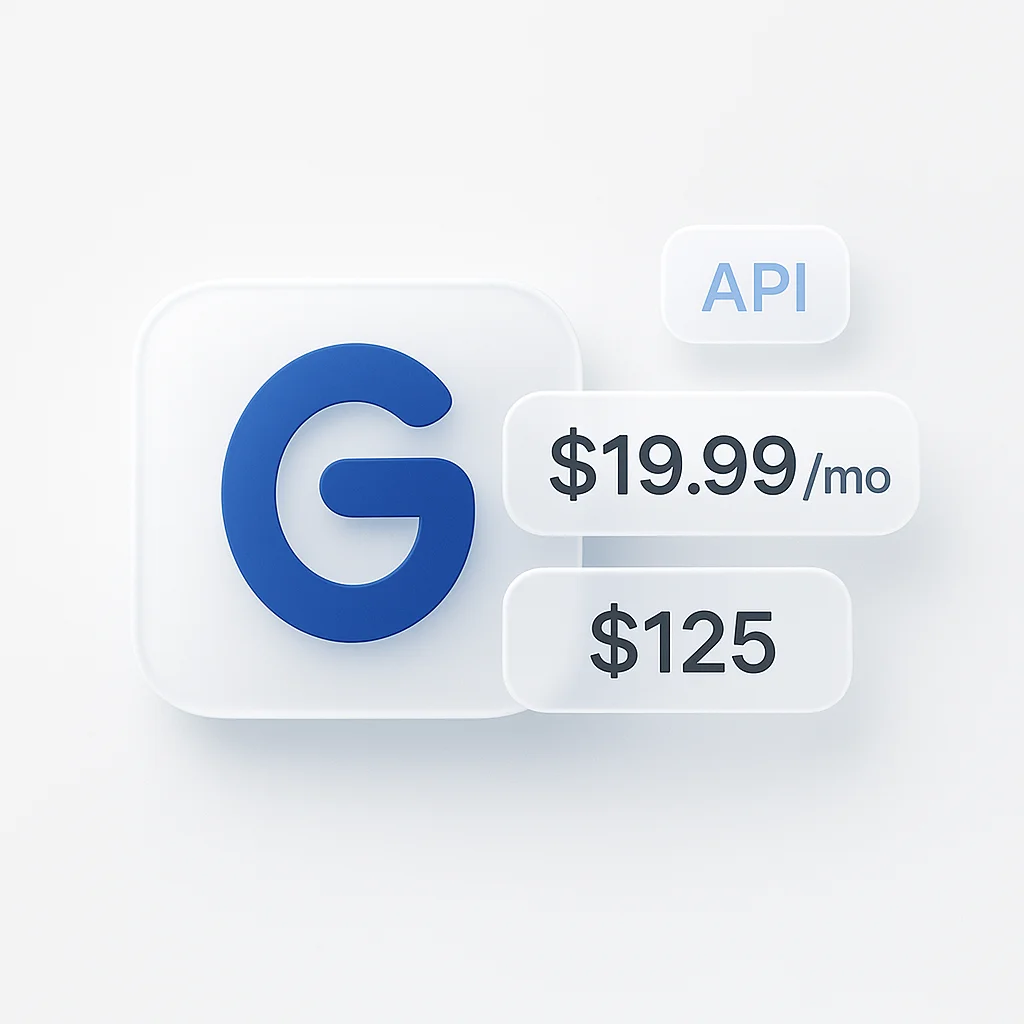
Gemini Pricing 2026: Pro $19.99/mo, Ultra $125 & Gemini 3 API Costs
How much is Google Gemini? Pro costs $19.99/month, Ultra $124.99/3 months. Compare all Gemini plans (Free, Pro, Ultra) and Gemini 3 API pricing. Updated February 2026.
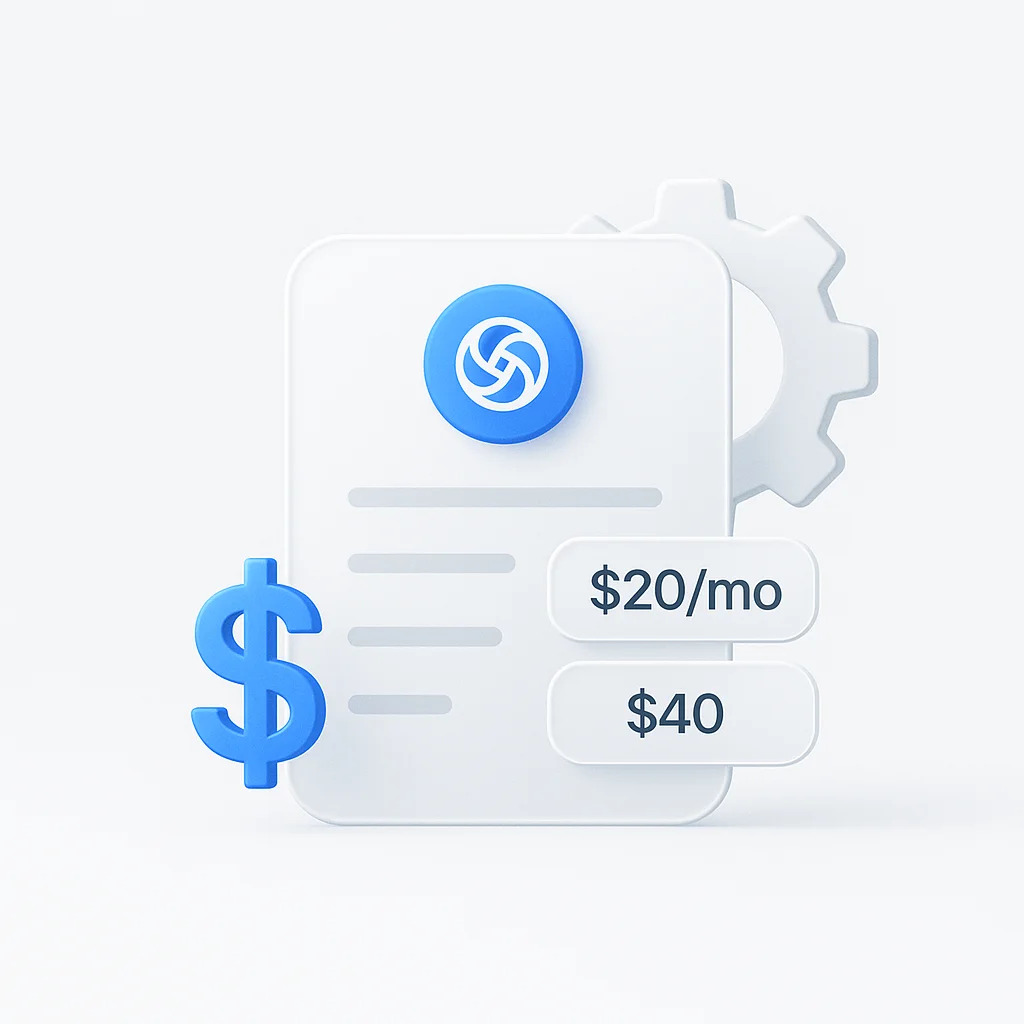
Perplexity Pricing 2026: Pro $20/mo, Enterprise $40/user & Sonar API Costs
How much is Perplexity AI? Pro costs $20/month, Enterprise $40/user/month. Compare all Perplexity plans (Free, Pro, Enterprise) and Sonar API pricing. Updated February 2026.

YouTube to MP3 Converter Free 2026: 10 Safe Online Tools (No Virus)
Convert YouTube to MP3 free and safe in 2026. Compare 10 best YouTube to MP3 converters online with no virus, no software required. 320kbps high quality downloads.

Microsoft 365 Copilot Is Now Bundled: What This Means for Meeting Transcription
Microsoft is bundling Copilot AI into Business Premium and E3 plans. Good news if you already pay for Microsoft 365. Bad news if you want meeting transcription without the ecosystem lock-in. Here's what changed and why standalone tools still matter.
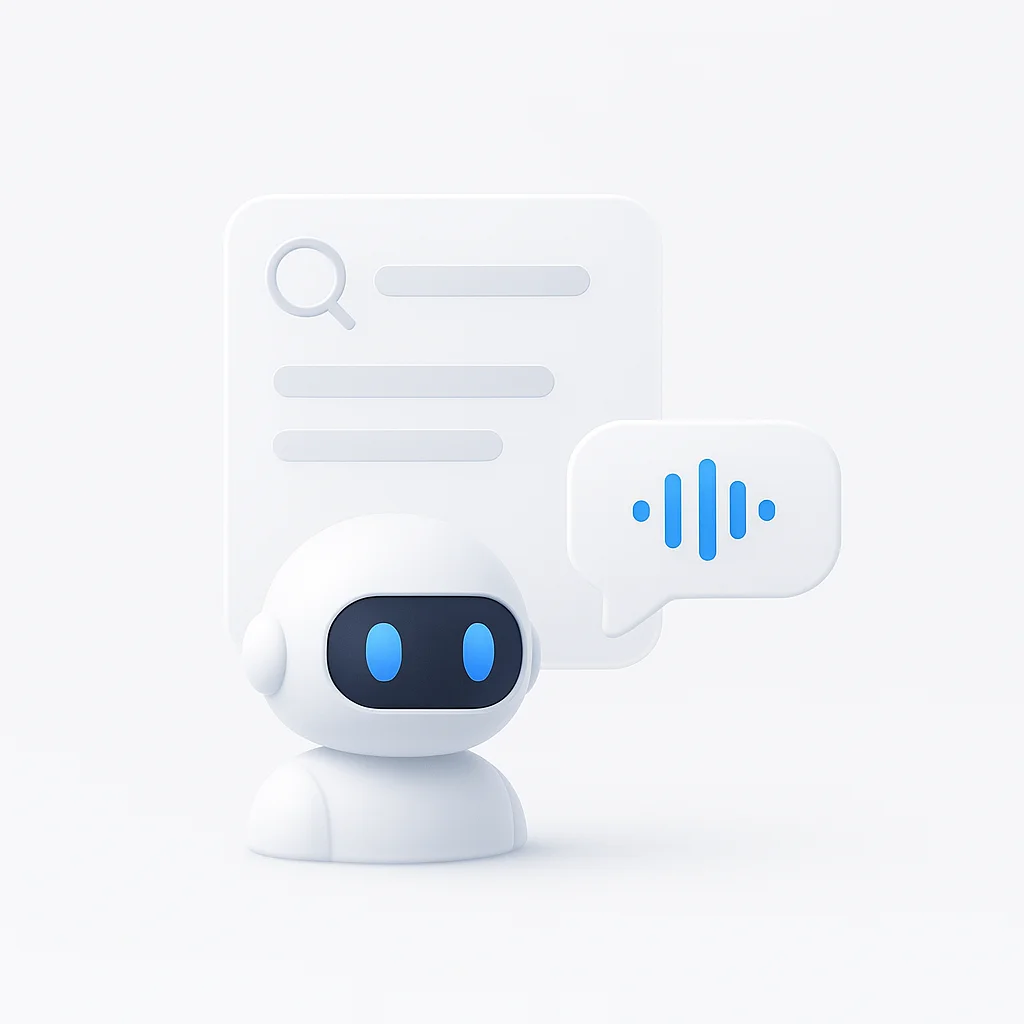
How to Connect ScreenApp to OpenClaw AI Agents via MCP Server
Set up a ScreenApp MCP server so OpenClaw AI agents can search, retrieve, and analyze your meeting transcripts and recordings directly from chat.
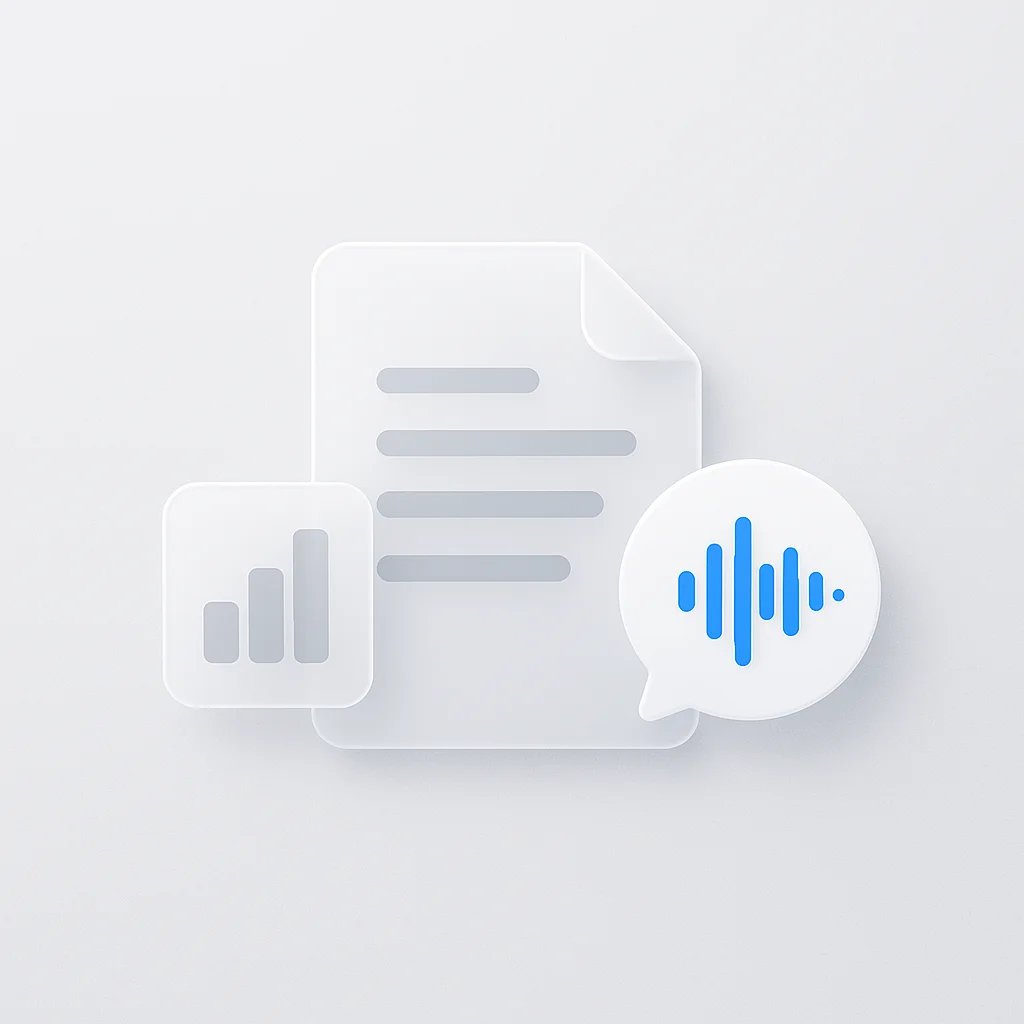
GLM-4 and MiniMax M2.5 Pricing (2026): API Costs, Models, and Comparison
Complete pricing for Zhipu AI's GLM-4 series (GLM-4.7, GLM-4.5, GLM-5) and MiniMax M2.5. Compare input/output token costs, context windows, and how they stack up against Claude and GPT.

Meeting Notes Without Bots: How to Record Meetings Without Anyone Knowing
Meeting notes without bots in 2026. Record and transcribe meetings with no bot joining your call. Compare ScreenApp, Granola, and bot-free alternatives to Otter and Fireflies.

Seedance: ByteDance New AI Video Tool That Went Viral Overnight
Seedance 2.0 is ByteDance new AI video tool going viral. See why Elon Musk is impressed and what it means for video creators.
